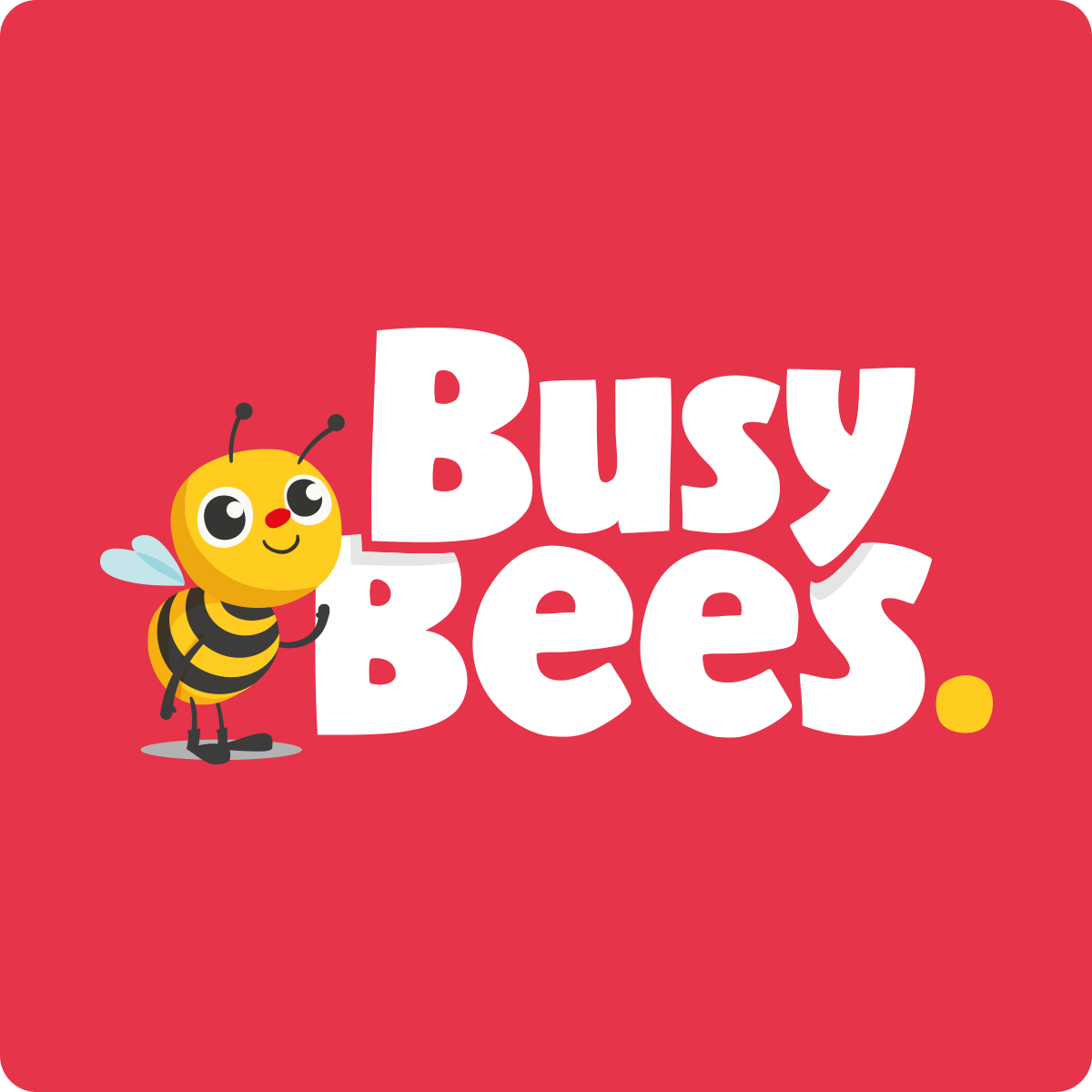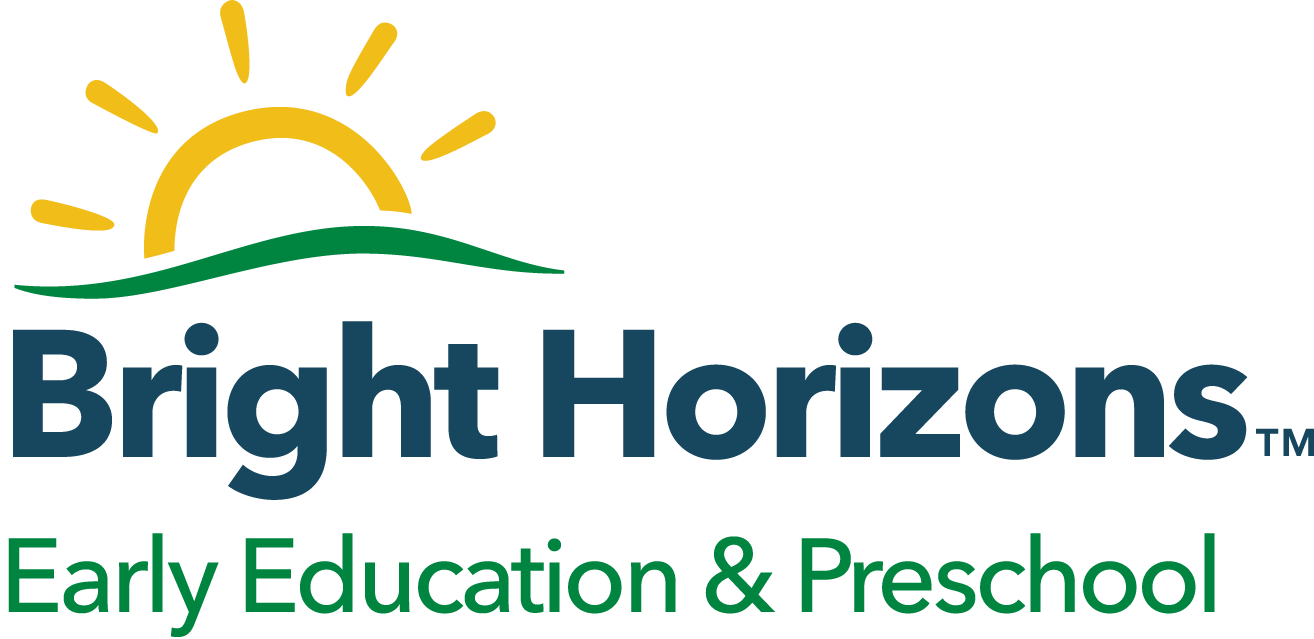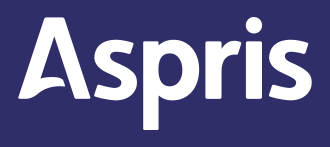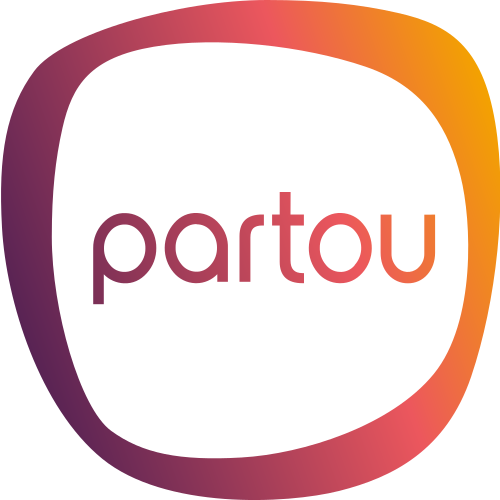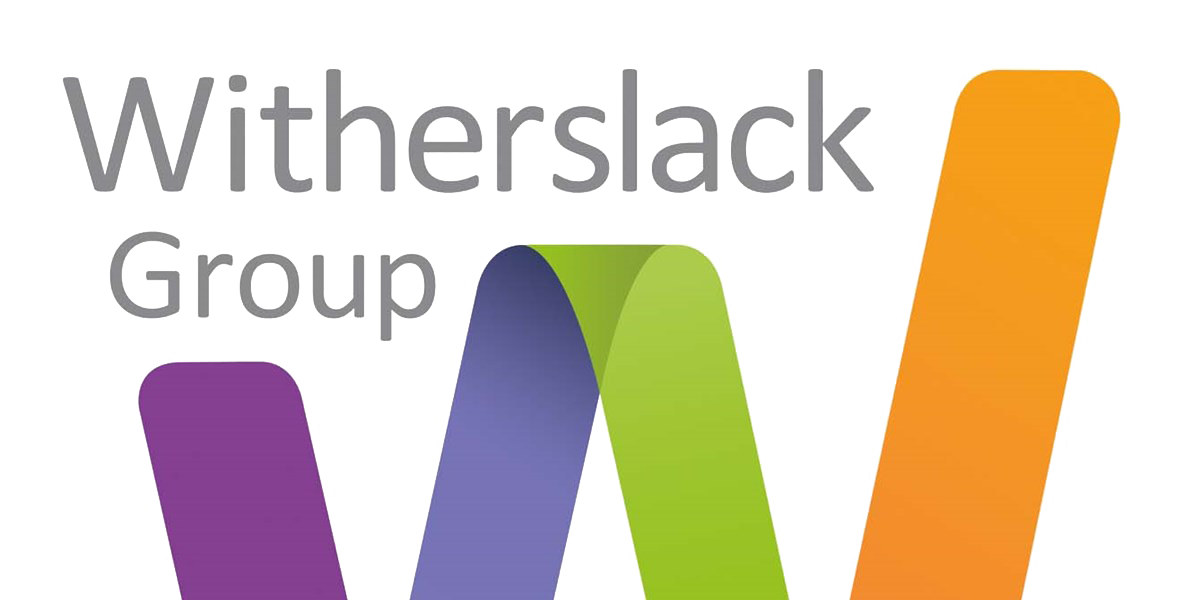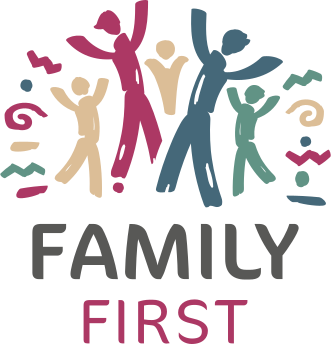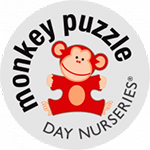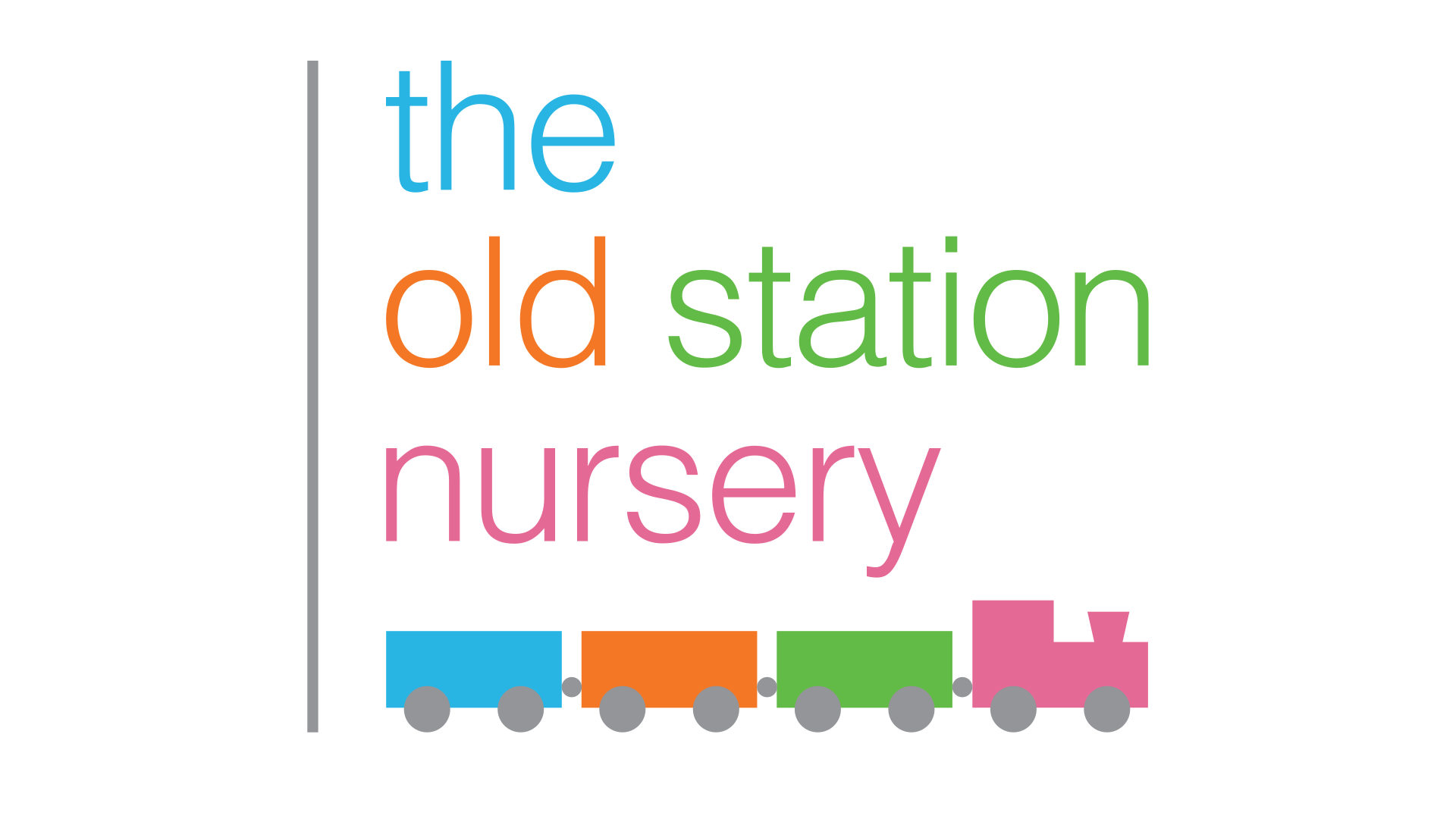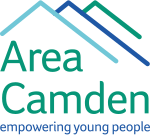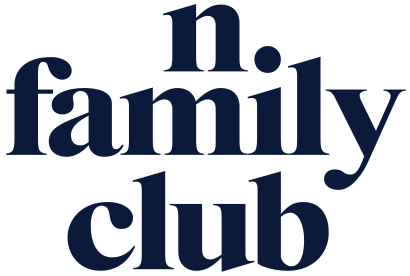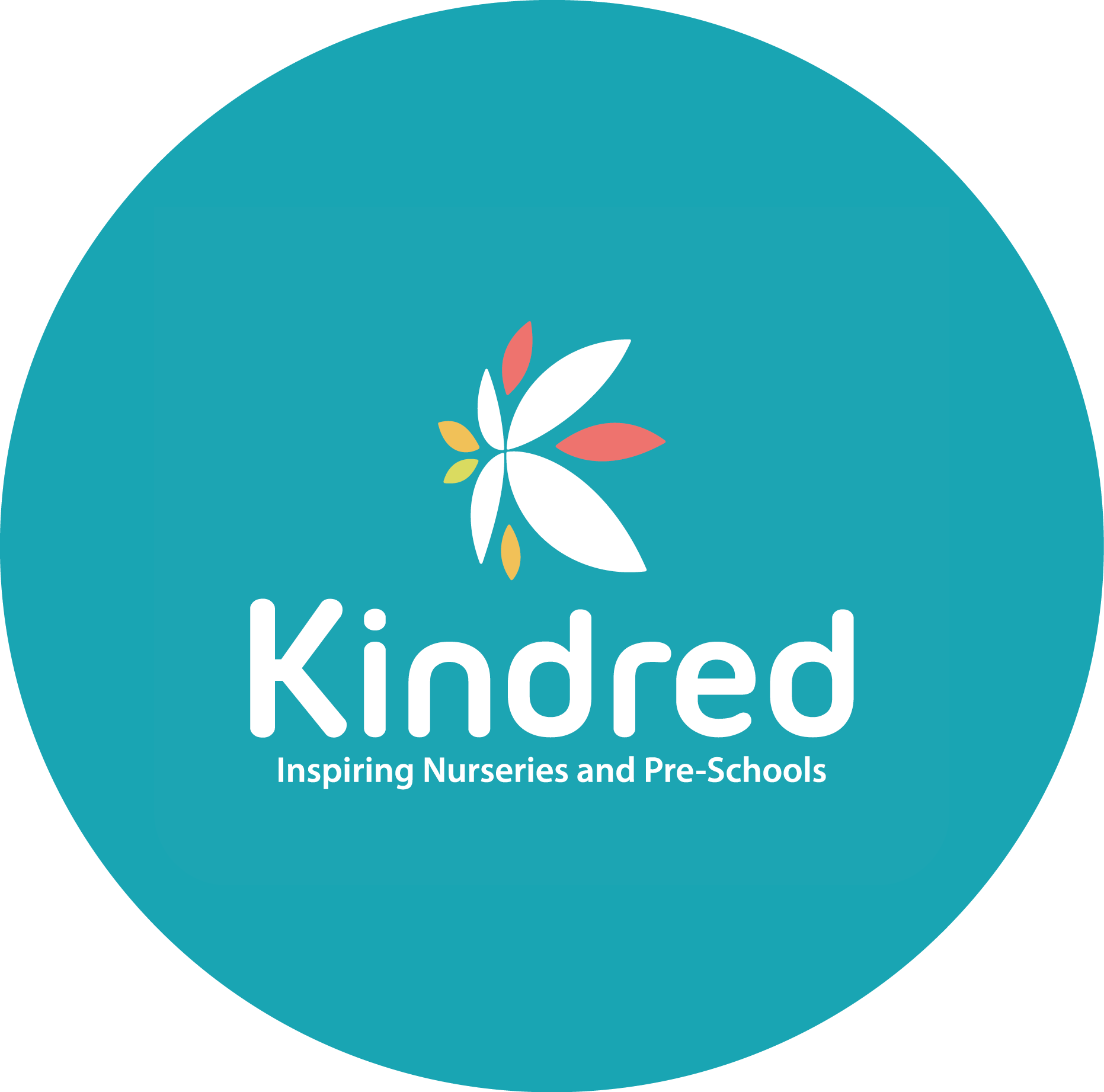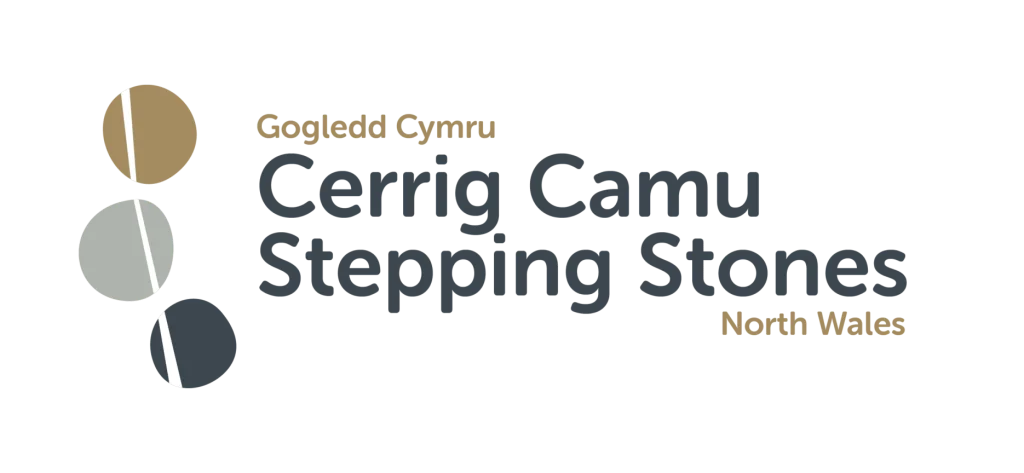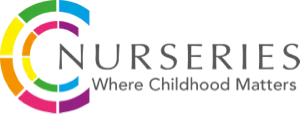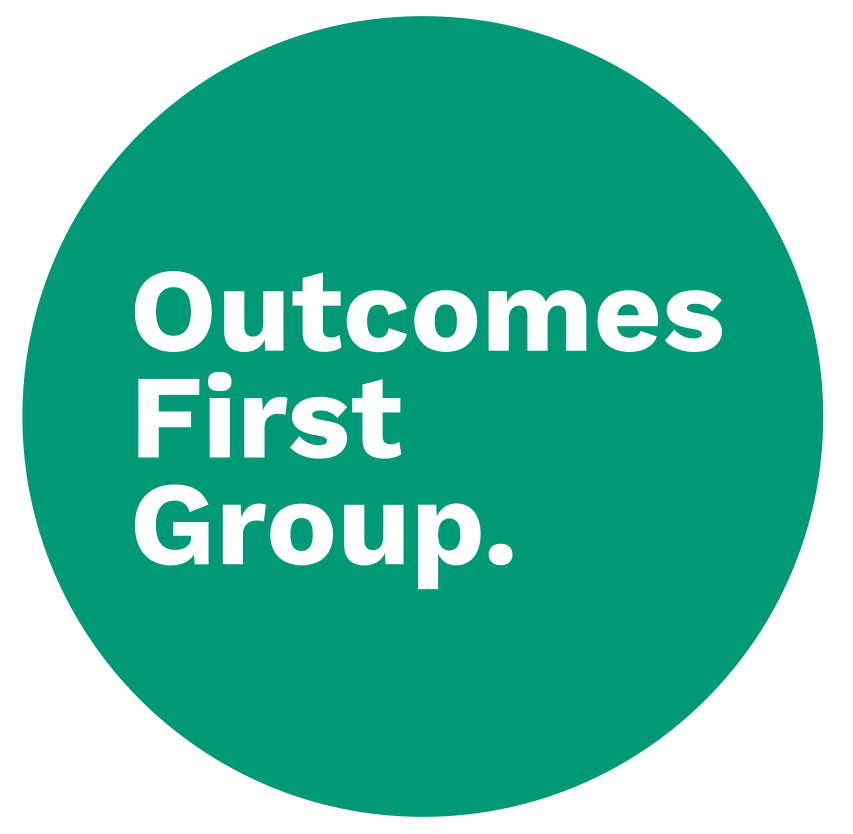Specialist Recruitment Consultancy for Social Care, Childcare, and Education






\JOBS
Explore Jobs
-
Nursery Third in Charge
- Lambeth
- £29000 - £35000 per annum
-
Children's Home Registered Manager
- Nuneaton
- £50000 - £80000 per annum
-
Primary School SEN Teacher
- Thetford
- £28000 - £45000 per annum
-
Children's Waking Night Support Worker
- Stockport
- Negotiable
-
Nursery Manager
- Swindon
- £45000 - £55000 per annum
Can't Find What You're Looking For?

\ABOUT US
Who We Are
Ben Williams Recruitment is a specialist Recruitment Consultancy for Social Care, Childcare, and Education.
Established in 2018, we have grown to become one of the best-known and most respected Recruitment Consultancies for the Social Care, Childcare, and Education sectors.
People are at the heart of everything we do. We don't just place people into jobs but invest in lifelong partnerships that empower people and businesses to succeed.
As lifelong partners, we're with you every step of the way, whether you're looking for what's next in your career, or have a gap to fill in your business, we'll help you get to where you want to go.
\SPECIALISMS
Our Specialisms
Specialising in Social Care, Childcare, and Education, we support Children's Social Care, Adult Social Care, Nurseries, Special Schools, and Primary Schools.
Within Social Care, we support Children's Homes, Independent Fostering Agencies, Semi-Independent Living Services, Supported Living Services, and Residential Care Homes. And within Chlidcare, we support Nurseries of all types including Day Nurseries, Montessori Nurseries, Pre-Schools, Forest Schools, and Breakfast and After School Clubs.
Our Managing Directors, Ben and Will, own a Children's Home business called HATCH Group, which is a leading provider of Therapeutic Solo-Placement Children's Homes, meaning that you can rely on us to deliver unique insights and transparent advice when it comes to all things Children's Homes. Additionally, we have extensive knowledge of Safer Recruitment, meaning that we are well versed with the specific regulatory requirements of the Social Care, Childcare, and Education sectors.
-
Social Care
-
One of our specialisms is the Social Care sector where we support Children's Social Care and Adult Social Care. Our expert Recruitment Consultants ...

-
Childcare
-
One of our specialisms is the Childcare sector where we support Nurseries. Our expert Recruitment Consultants are dedicated, passionate, and profes...

-
Education
-
One of our specialisms is the Education sector where we support Special Schools and Primary Schools. Our expert Recruitment Consultants are dedicat...

\BLOGS
Articles and News
-
Understanding the Planning Requirements for Opening a New Care Home
-
If you’re planning to open a new care home under C2 planning, or if you’re looking to convert an existing property from a standard residential home into a C2 residential use, you’ve probably already discovered that it can raise a lot of questions and concerns.Whether you're setting up a children’s residential home, a care home, or supported living accommodation, the change of use can feel complex for a variety of reasons.Here we discuss the difference between C2 and C3, why concerns arise, and how to approach the process with clarity and confidence.What is the difference between C2 and C3?C3 - Dwelling Houses (Standard Residential Homes)C3 refers to standard residential homes where people live together as a single household. This is what most people think of as a 'normal home'.C2 - Residential InstitutionsC2 covers residential institutions where care is provided. This includes:Residential care homes.Nursing homes.Children’s homes.Boarding schools.Secure residential accommodation.The key difference? C2 properties provide care and supervision, whereas C3 homes function as independent family homes.Why Do Concerns Arise When Changing From C3 to C2When applying for a change of use from C3 to C2, concerns typically fall into several categories including traffic and parking, noise and activity levels, impact on property values, community perception and misunderstanding etc.Sometimes, neighbours may worry about increased staff vehicles on the road, visitors arriving regularly, emergency services access etc. however local authorities will usually assess whether the road and parking provisions can accommodate the change.Regarding noise and activity levels, neighbours can also fear the noise that would come from shift changes at unusual hours, outdoor activity, additional people coming and leaving the home. Many also fear that there will be a rise in anti-social activity, when in reality, many C2 homes create the same amount of noise and activity levels that a large family household would, and the homes operate quietly and integrate well within residential areas.When Is Planning Permission RequiredThis is where it becomes technical.From local council before they can even proceed opening the home.In many cases, changing from C3 to C2 does require planning permission from the local council, and will need this before you can even proceed to open the home. Because of these nuances, obtaining a planning consultant’s advice is highly recommended before submitting an application.What Planning Officers Actually ConsiderWhen reviewing a C3 to C2 application, councils typically look at:Size and scale of the property.Number of residents.Staffing levels.Parking and highways impact.Residential amenity of neighbours.Local and national planning policy.The decision is based on material planning considerations, not speculation or stigma.How to Address Community ConcernsIf you're planning to submit a C2 application, proactive communication can make a significant difference. You could consider:Hosting informal discussions with neighboursProviding a clear management planExplaining staff ratios and supervisionDemonstrating parking solutionsHighlighting the social benefit of the serviceTransparency builds trust.Changing a property from C3 to C2 isn’t just a technical planning exercise, it’s a process that touches on points such as housing policy, social responsibility, neighbourhood dynamics and public perception.Understanding the difference between C2 and C3, anticipating objections, and preparing a robust application can significantly improve your chances of success.If you’re considering opening a new C2 residential home, careful planning - both in terms of paperwork and people - is key.

-
Why Speed Wins: The 10-Day Rule That Transforms Hiring Outcomes
-
In today’s candidate-driven market, speed when hiring is essential, not just a ‘nice to be able to do’. It is one of the biggest proven factors of hiring success. Over the last few years, one pattern has shown up again and again - candidates who are seen and progressed within 10-days consistently outperform those who aren’t.From higher offer acceptance rates to faster onboarding.The 10-Day Advantage: From CV To OfferWhen candidates move from uploading their CV to interview (and ideally to offer) within 10-days, outcomes dramatically improve.In our experience:8 out of 10 candidates that progressed within 10 days go on to receive an offer.Candidates seen after the 10-day mark are significantly more likely to drop out, disengage, or accept competing offers.Faster processes show the candidates that the company are decisive, have clarity, and are genuinely interested… all things people value highly.When this process stretches to 3-4 weeks, the candidate has often:Taken another interview elsewhere.Mentally “checked out”.Or simply lost momentum and excitement.Speed keeps energy high, and energy keeps good talent!Fast Doesn’t Mean RushedSpeed and time to hire doesn’t stop at the offer stage. We can ensure that onboarding can follow just as smoothly. We have our own on-boarding team here at Ben Williams Recruitment and can support with obtaining references, DBS Certificates, ID documents and paperwork.We’ve seen candidates:Interviewed, offered, and fully onboarded within 7-10 working days (with all checks completed).Contracts issued within 24 hours of verbal offer.Background checks and paperwork completed before enthusiasm cools off.The result? Candidates arrive on day one excited, confident, and already connected to the business. It’s all about making sure the candidate is kept at their height of excitement.Why Seeing Candidates More Than Once MattersAnother factor that we’ve noticed across the board is keeping in check with the candidate multiple times.Candidates who meet the team more than once, even briefly, are far more likely to:Feel invested in the role.Build trust with the team.Visualise themselves in the business.When a candidate is only seen once at their interview, the relationship starts late and remains transactional. But when they have:An initial conversation.A follow-up face to face interview.Informal check-ins.Ongoing communication during the process about where their onboarding is up to.…the dynamic shifts. It becomes personal and familiarity builds confidence on both sides.Time-To-Hire and Drop-Off RateWe know that time to hire is one of the biggest reasons that a candidate will drop-off.The longer the process, the more likely candidates are to ‘ghost’ or get fed-up with the wait, the higher chance they accept another offer and the more uncertainty creeps in.Data consistently shows that candidates interviewed and offered within 10 days are far more likely to accept and actually start than those who wait longer.Simply put, fast offers stick, slow offers slip.The Bottom LineMaking your hiring process a success isn’t just about finding the right candidate, it’s about making sure everything is done within a timely manner, and the height of excitement isn’t left behind too far.When candidates are seen quickly, engaged with multiple times, and progressed with decisions being made promptly, they are more likely to accept, more likely to start, and more likely to stay.In a sector where top talent has options, the 10-day window isn’t just an efficiency benchmark, it’s a competitive advantage!If you are looking for staff to hire and want support with keeping the speed up, get in touch and we can explain in further detail how we support with finding the right candidates, to getting them onboarded, and getting them started.

-
Insights Into Salary Movements Within Social Care and Childcare In 2026
-
Today we’re looking into the salary increases that are happening within the Social Care and Childcare sectors again this year, highlighting residential childcare homes and nurseries. Both sectors have faced pressure over the years from people working within the sector, resulting in workforce shortages, high turnover and rising demand of companies having to offer competitive pay whilst keeping everything sustainable. As a specialist recruitment consultancy in this sector, we have seen firsthand how adjusting salaries have helped to reshape recruitment and retention, and why the changes happening in April 2026 are important. Why Are Salaries Increasing?The main reasons that salaries are increasing are:Government Statutory Wage IncreasesCare providing businesses should prepare now for significant increases in the National Minimum Wage and National Living Wage, confirmed as part of the government’s Autumn Budget, which will come into effect from 1 April 2026. These changes will directly impact staffing costs across the care sector, especially for those roles currently paid at or near the statutory minimum. The National Living Wage will rise to £12.71 per hour, up from around £12.21 for those 21 years old and above (a 4.1 % increase). Providers are advised to review staffing budgets, payroll systems, and recruitment plans well ahead of April 2026 to ensure compliance and financial sustainability.*Cost of Living and Market Competition: Cost of living is constantly rising, and so is the competition for skilled, qualified, experienced workers. This automatically increases the pressure from employers to offer more than the statutory minimum wage. Many candidates will expect that the pay meets the reality. Sector Rebalancing and Funding Realities It is no secret that pay in childcare and social care has lagged behind other sectors. Even within the sector, research shows that private residential childcare often pays significantly less than equivalent roles in local government, contributing to recruitment challenges.* What the April 2026 Rise Means for ClientsFor both residential childcare homes and nurseries, the wage increase in April 2026 represents both a legal requirement and an essential requirement. Employers must plan now to accommodate higher wage costs. This will roll into pension contributions, National Insurance costs and holiday pay, making it more than a one-off change. Offering rates above the statutory minimum helps you stand out when recruiting. Under paying staff is one of the main reasons we see candidates looking for new jobs or leaving the sector entirely. A clear, forward-looking pay strategy helps reduce turnover and the need for expensive agency cover. What It Means for CandidatesFor workers within the sector, a rising wage is an obvious positive. This will offer improved earnings, better security, and will make them feel like there is a better value of their work. This will result in more take-home pay and career progression. With more take-home pay, even the smallest increases add up over the year, helping families with reducing their financial stress. As salaries rise, so will career progression. Candidates are always looking at the training, support and professional development that can be offered, and will look at employers more if they can offer all of the above. How Can Ben Williams Recruitment Support You?At Ben Williams Recruitment, our role is to help bridge the gap between employers’ needs and candidates’ expectations by offering:Tailored insights into current pay trends in both nurseries and residential childcare homes, so you can make offers that reflect both compliance and the competition from other providers, showing you how the increase compares with what other providers are offering and candidates expectations.Candidate attraction and retention support… From supporting and enhancing your company brand, to running targeted campaigns, we help you create a job offer that attracts the right candidates and keeps them engaged.We can communicate the pay increase clearly to the candidates so they immediately see the value of working with you. We can re-engage candidates who previously declined due to the salary being too low.We provide full-time permanent staff, reducing your agency fees which would be higher than the pay increase. ConclusionThe 4.1% rise is the lowest percentage increase in the national living wage since 2021, with the rate having increased by almost 10% in each of 2023 and 2024 and by 6.7% earlier this year.The salary increase shows equity, sustainability and long-term workforce health. When employees are paid well, it reduces financial stress, and improves their want to stay with their current employer (better retention). This can all lead to better mental and physical health, improves morale and ultimately creating a better workforce long-term. If you’d like help understanding how these changes affect your organisation, or your next career move, get in touch and we’ll support where it’s needed. We’re here to help you recruit with confidence and clarity.

-
Preparing for a Job Interview
-
One of the most important steps to landing a job is being prepared for the interview. By doing some preparation, you’ll feel more in control and will appear cool, calm, and collected as a result – qualities that are always looked for in the perfect candidate.Review Your ApplicationIt can be hard to keep track when you’re applying for various jobs, so make sure that your Recruitment Consultant has provided you with all of the relevant information. This should include information about the job that you have applied for including a job description where possible, and information about the organisation that you have applied for including a link to their website where possible.Re-read everything to make sure that you’re confident in what is expected of you. This is also a great place to start formulating any questions that you might have regarding the job.Plan Your JourneyIt sounds simple but being late is one of the worst interview sins. Make sure that you know where you’re going, how to get there and then leave plenty of time to make the journey. Aim to get there at least 30-minutes early so you have time to gather your thoughts.Practice Interview QuestionsPreparing for all different types of questions is the best way to prevent being caught off guard on the day. Confidence is key with this one, so try practicing either by yourself (in the mirror is a good idea as you’ll get a sense of your body language) or get a friend to quiz you.Prepare Your Own QuestionsIt’s the end of the interview, you have answered all of the difficult interview questions, chatted happily to the interviewer and you’re feeling on top of the world. Then they ask: “Do you have any questions?”.Saying no to this could be a sour note at the end of a great interview and make you look uninterested. Prepare a few questions in advance and avoid this awkward moment.Don’t ask questions about the salary and perks. These are all things that your Recruitment Consultant will negotiate when an offer of employment has been made. Instead, the best candidates pull out a pad with a few questions listed and then ask two or three.Examples of good questions to ask include:“What do you particularly enjoy about working for the company?”“Where do you think the company is headed in the next 5-years?”“Are there opportunities for training and progression within the company?”Dress To ImpressWhile you shouldn’t judge a book by its cover, most interviewers will judge you by your appearance.If you’re wearing a wrinkled shirt and scuffed shoes, while sporting an impressive case of bed hair, you can forget about being hired. It’s important to look professional and feel confident. Wear something that you’re comfortable in as well, if you’re distracted by shoes that pinch or a jacket that’s a little too tight, you won’t be able to focus on what’s truly important – your answers.What To Take With YouA copy of your CV. Although some interviewers will bring a copy with them, having your own to hand out on request will show you’re prepared and provide them with the information they need if they forgot to bring one. Not only is it helpful for the interviewer, having your CV nearby could also remind you of any key dates or facts if you draw a blank.A notepad and pen. Bringing your own notepad and pen is a great way to show an employer that you’ve thought ahead. After all, there are a variety of things that might need to be noted throughout the interview. Taking the time and effort to jot these details down will demonstrate that you’re invested in the job and you’re paying attention. What’s more, having these items to hand can often improve your body language – by keeping excessive gesticulation, crossed arms, or hand-to-face-touching at bay.Your Own Questions. Every interviewer will give you the opportunity to ask questions at the end of an interview, and the worst thing you can do is say nothing. So, in case you draw a blank when the time comes, it’s vital to prepare a few in advance and take them with you.

-
How To Deal With Interview Nerves
-
So, you’ve arrived at an interview filled with nerves; your palms are sweaty, knees weak, arms are heavy – you may also have been listening to Eminem on the way, but we digress – to put it simply, interviews are a scary ordeal.Relax, Breathe and Take Your TimePay attention to your body language, ensuring you’re maintaining eye contact, are sitting up straight, and resisting the urge to fidget, slow your speech down, and take the time to think through your answers before you say them. Pausing for thought is always a good idea.It’s also important to focus on the positives in order to help you relax. You’ve been invited to an interview for a reason. You’ve obviously done something right, and the good news is, they already like you, so awkward interview moments aside, what could go wrong?Think of the Interview as a Conversation, Not an InterrogationInterviews are often just as much about finding out whether you’re a good fit for the company as they are about skills and experience. And despite all the difficult interview questions that might come up, never underestimate the importance of compatibility.With this in mind, try to act naturally whilst maintaining a good level of professionalism. After all, it’s a two-way conversation – not an episode of Question Time. Also, nobody wants to interview a robot and/or the internet.Remember That Your Interviewers Are HumanForget about the formalities and remember that the interviewers are human. So, chances are, they might be nervous too. Imagining them as infallible bastions of professional perfection is often the root of a large share of interview jitters, and can be avoided.They are able to feel human emotions and are often understandably aware of interviewees being slightly anxious on the day. They also understand that people sometimes make mistakes and won’t judge you if you slip up once or twice as a result of nerves.

-
How To Write a CV
-
Your CV is your own personal marketing document that helps you get your foot in the door when applying for jobs. It’s the first thing an employer will see of you, so you want to make a good impression.How Long Should a CV Be?A CV should be no longer than two sides of A4. That being said, one size doesn't fit all. For example, a school leaver or a recent graduate with minimal experience may only need to use one side of A4. Conversely, a three-page CV might be needed for those in high-level roles or for people who have gained a lot of experience.To save space, only include the main points of your experience and education. If you're struggling to edit your CV, ask yourself if certain information sells you – if it doesn't, cut it out. If it's not relevant to the job you're applying for, delete it. And if it's old detail from many years ago, summarise it.What To Include in a CVContact details. Include your full name, home address, telephone number, and email address. Your date of birth is irrelevant.Personal profile. A personal profile is a concise statement that highlights your key attributes and helps you to stand out from the crowd. A good personal profile picks out a few relevant achievements and skills, while expressing your career aims. Keep it short and snappy – 100 words is the perfect length.Experience. List your work experience in reverse date order, ensuring that anything you mention is relevant to the job that you're applying for. Include your job title, the name of the organisation, how long you were with the organisation, and key responsibilities.Education. List and date all previous education, including professional qualifications. Place the most recent first. Include qualification type/grades, and the dates.Hobbies and interests. Relevant hobbies or interests can provide a more complete picture of who you are, as well as giving you something to talk about at interview. Leave this section out if you don't have any relevant hobbies or interests.Tips for Writing a Good CVTailor your CV. Look at the organisations website and social media accounts – look to see if they've recently been mentioned in the local press and use the job advert to make sure your CV is targeted to the role and organisation.Avoid generic, over-used phrases such as 'team player', 'hardworking', and 'multitasker'. Instead, provide real-life examples that demonstrate all of these skills.Use active verbs when possible. For example, include words like 'created', 'analysed', and 'devised' to present yourself as a person who shows initiative.Make sure your email address sounds professional. If your personal address is inappropriate create a new account for professional use.A good CV doesn't have any spelling or grammar mistakes. Use a spell checker and enlist a second pair of eyes to check over the document.

-
Types of Interview Questions
-
One of the most important steps to landing a job is being prepared for the interview. By doing some preparation, you’ll feel more in control and will appear cool, calm, and collected as a result – qualities that are always looked for in the perfect candidate.Preparing for all different types of interview questions is the best way to prevent being caught off guard on the day. Confidence is key with this one, so try practicing either by yourself (in the mirror is a good idea as you’ll get a sense of your body language) or get a friend to quiz you.Classic Interview QuestionsClassic interview questions form the basis of almost every other interview question. Whilst they come in all shapes and sizes, they’re generally asked in order to put the ball in your court. In other words, the interviewer is saying they want you to do the talking. So, one-word answers won’t cut it here.Answering a classic interview question well comes down to your ability to talk about how your skills, experience, and personality match up with what the employer is looking for. Many also require you to talk about certain aspects of your CV in more detail – so take this as the perfect opportunity to prove you’re a good fit.Career Goal QuestionsCareer goal questions are asked to let employers know where you are in your professional life, and what your future plans are. Your answers will tell them whether you’re a good fit long-term. Preparation is key. Aside from creating a clear picture of your professional outlook, you also need to make sure that your future aligns with theirs. This means doing your company research – not only to understand what they’re looking for right now, but also what they’ll need to have further down the line.Character QuestionsCharacter questions are a reliable indicator of what we’re capable of achieving. After all, even the most intelligent person on earth won’t get anywhere without a solid character to match. Your answers will reveal everything an employer needs to know about your morals, integrity, values, and generally speaking – who you really are.Focus on demonstrating your appreciation of values (both your own and the company’s), positive work ethic, ability to work well with others and handle tough situations. Show you can do the job and fit in, and you’ll be on the right track.Competency QuestionsCompetency questions focus on finding evidence of your ability to do the job, requiring you to provide real examples of ‘times you’ve demonstrated [XYZ]’ or ‘how you’d react in [hypothetical situation]'. Their purpose? To weed out the candidates who are all talk and shortlist the ones who can actually back up their claims.Prepare your examples. Interviews can cause the best of us to draw a blank and relying on thinking last is unlikely to yield the best results. So, before the interview, highlight the key skills in the job description. Secondly, think of an example that proves you have each attribute. Finally, use the STAR technique to give context to your answer.STAR TechniqueThe STAR technique is a simple, structured technique to help you answer interview questions. It stands for Situation, Task, Approach, and Results. To use STAR effectively, all elements of your answer need to work. Here’s a breakdown of how to approach each letter:S – SituationThink of this section as ‘setting the scene’. Provide the interviewer with a bit of background about the question and give them some context. Try and be specific and include names and dates wherever appropriate to help add credibility.T – TaskBuild on the background you’ve given and outline the task at hand. Specifically, how did the situation relate to you? And what were the major tasks you needed to undertake to resolve it? Include how important or difficult the situation was to overcome, as well as any constraints you came up against.A – ApproachTranslation: what did you actually do to resolve the situation? Outline the steps you took to ensure a successful outcome, without being tempted to take all the credit. The key to effectively incorporating the ‘approach’ part of your answer is to identify what skills the interviewer really wants to see and reinforce them throughout.R – ResultFinally, it’s time for the pay-off. What was the outcome of the situation? Remember, everyone loves a happy ending, and interviewers are no different. Make your happy ending quantifiable, and you’ll really have nailed your answer.



